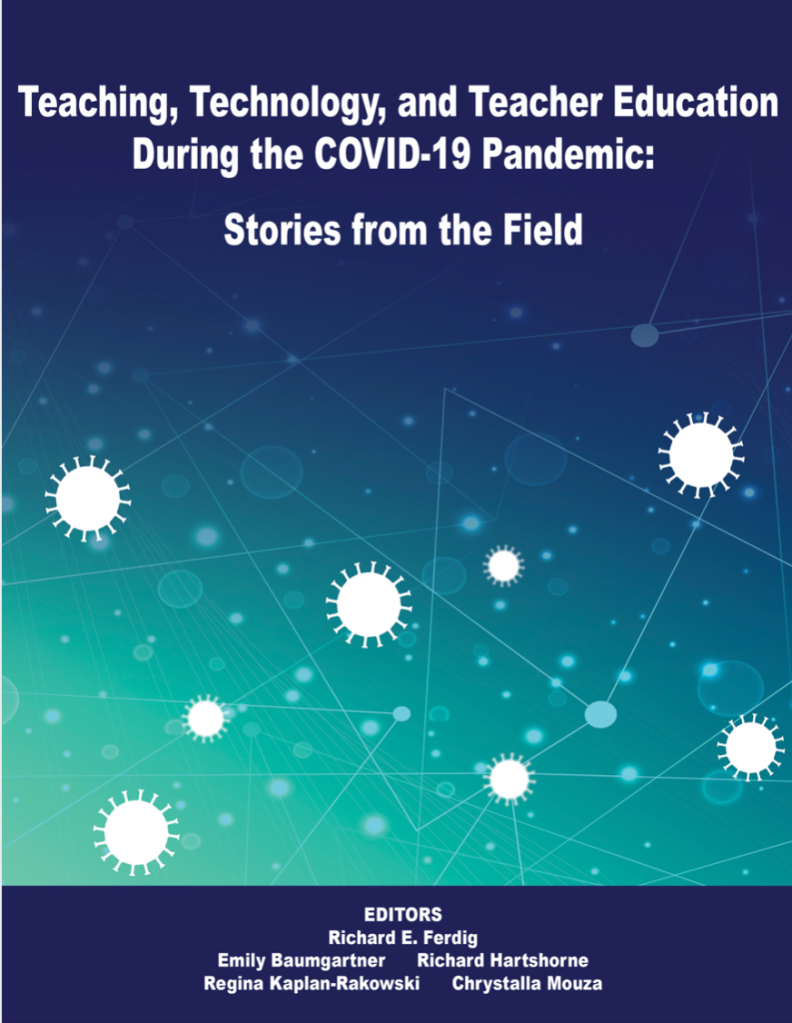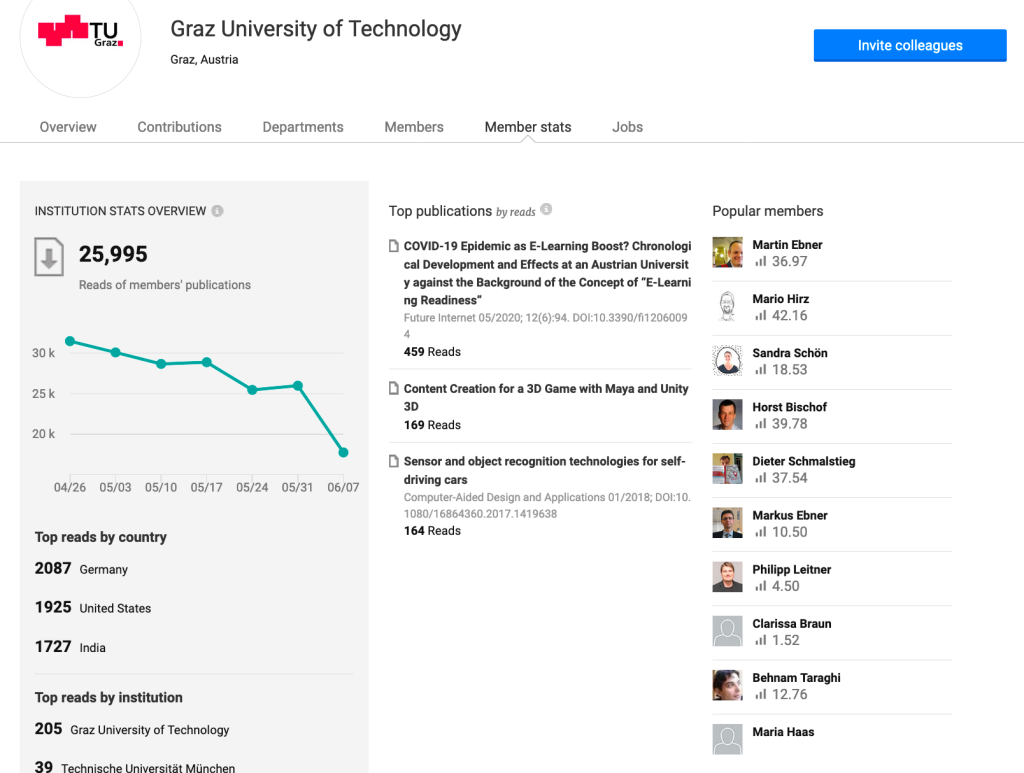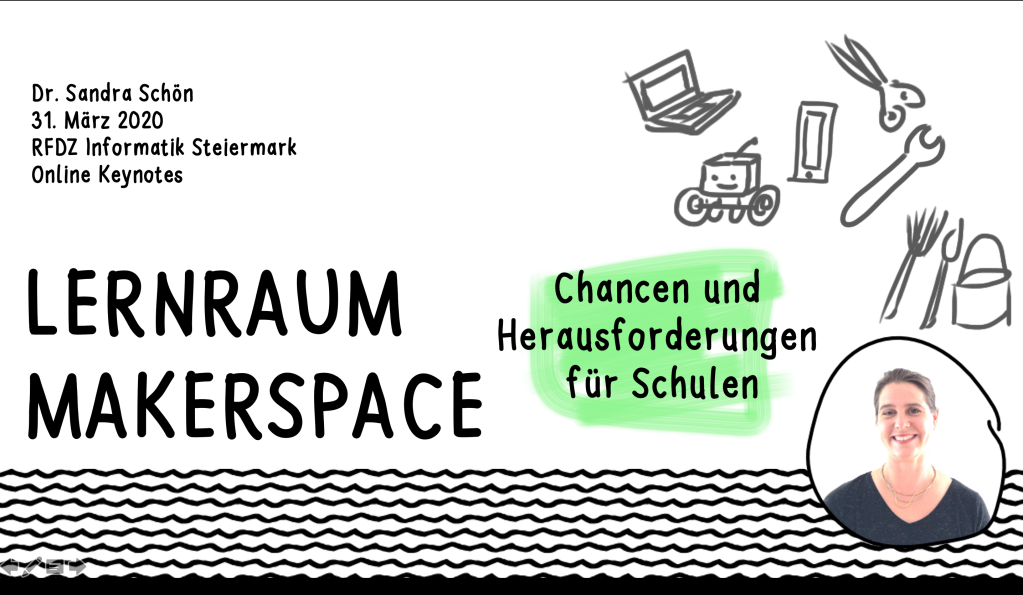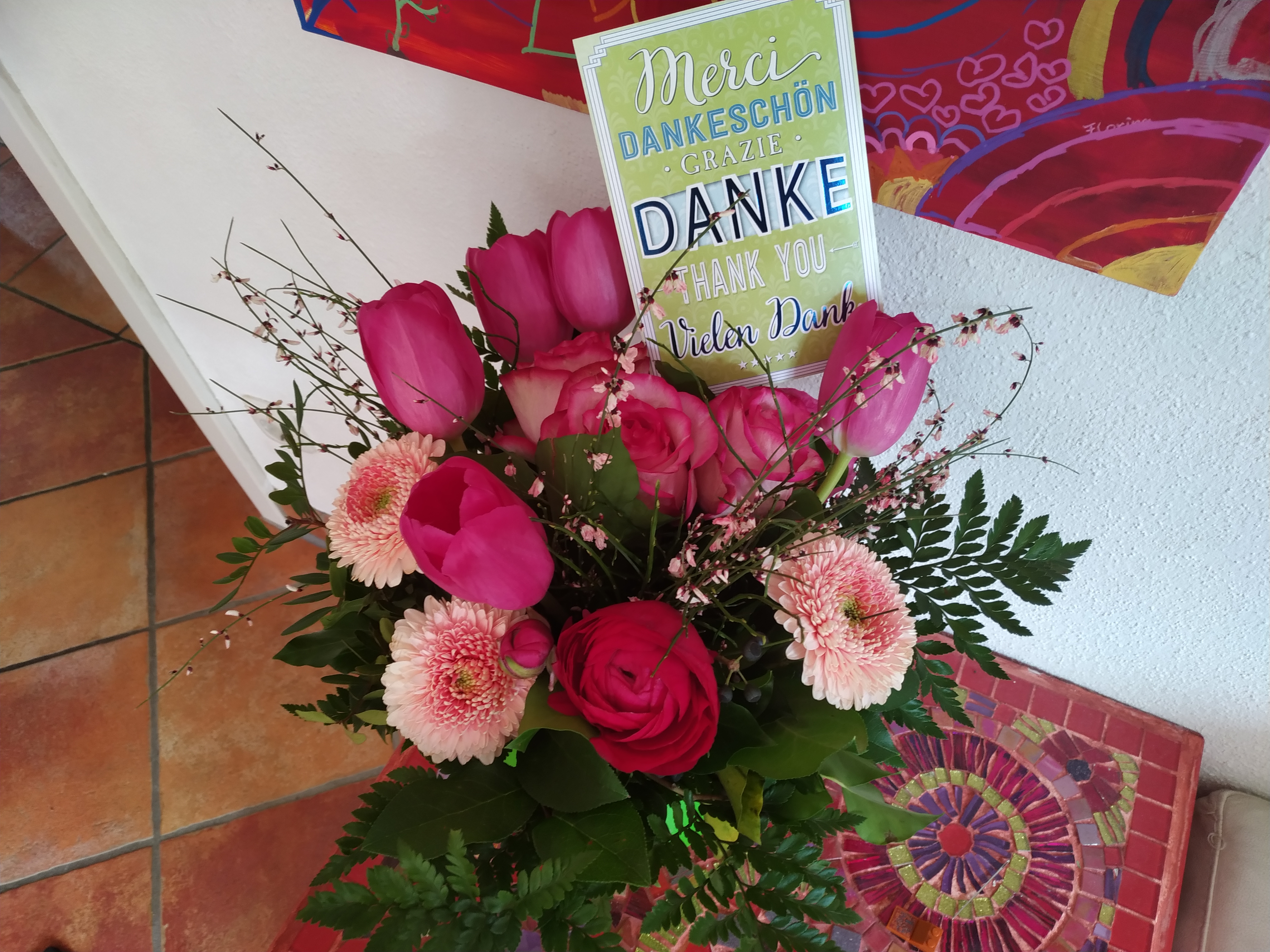Quelle: Sandra Schön Autor: sansch
#COVID19 was and is a big challenge for many people, for teachers as universities as well. And of course we love to share experiences we made or have seen at the TU Graz as well to enrich the contributions on teaching and learning with technologies in HEI.
This time we contributed to a book which collects 133 (!) experiences from colleagues worldwide, all available under CC BY NC ND. Please have look and check:

Our contribution describes:
To train future Austrian teachers in using digital media, a novel didactic design was implemented at several universities in Austria in summer semester 2019: The course includes the participation in a MOOC (massive open online course) on the topic, an accompanying group work at the universities and multiple-choice tests conducted at the universities. In the summer semester of 2020, due to the COVID-19 crisis, the group work and exams had to be switched to virtual space as well. Because the course materials are available under an open license, i.e. as open educational resources, further use is possible and offered.
Ebner, Martin & Schön, Sandra (2020). Remote Future Teacher Training with MOOCs. In: R.E. Ferdig, E. Baumgartner, E., R. Hartshorne, E. Kaplan-Rakowski, & C. Mouza, C. (Ed). Teaching, Technology, and Teacher Education during the COVID-19 Pandemic: Stories from the Field. Association for the Advancement of Computing in Education (AACE). Pp. 493-497. Book is available under CC BY NC ND: https://www.learntechlib.org/p/216903/. Preprint at ResearchGate: https://www.researchgate.net/publication/342261714_Remote_Future_Teacher_Training_with_MOOCs
 ), but hey: This second article since my start at TU Graz rocks (again) up to the top of TU Graz at Research Gate!
), but hey: This second article since my start at TU Graz rocks (again) up to the top of TU Graz at Research Gate!







